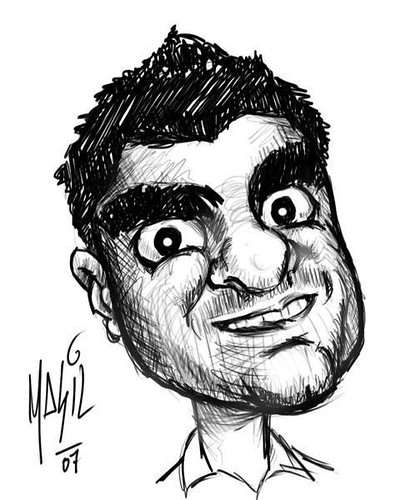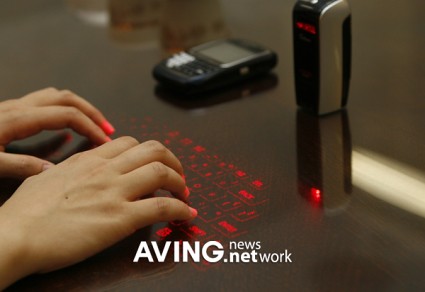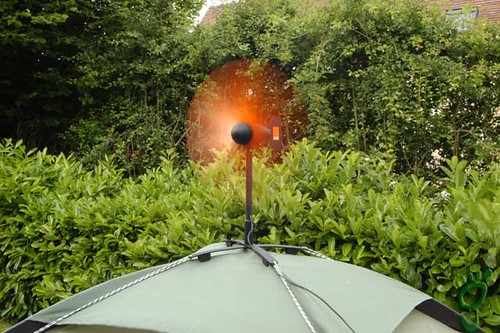Dear Steve, let me try to answer your question the best I can.
Why are you guys so worried about defending this platform or that one?
The Q1U is unimpressive; the UMPC is unimpressive.
I'm defending this platform because I believe on it. I have been a Pocket PC owner and developer for the last 4 years and I could not find on that platform what this one is bringing me now.
#1 problem - Windows as an OS. MS needs to tailor an OS specifically to these devices for performance and display.
Sounds good, but... What do you want? Something like Windows CE where you can run only applications converted to this platform. I have been there and I really don't like the idea. One of the reasons why I'm using a UMPC is because it use the same OS that I use in my desktop computer. So what seems to be a problem for you is what I have been looking for since long time ago.
#2 problem - Unix as an OS. The popular apps are windows apps. If unix had windows apps - game over.
But that's not a problem only present in Linux. Like I said before, smartphones and Pocket PCs are suffering in part of the same issue. So this is why I preferred to have a small device capable of using the same OS I use in my Desktop. It's not perfect but features like Hibernation and Standby allows you to have something close to an instant on, one of the features more asked for everybody.
#3 problem - UMPCs need to be able to run Google apps and Skype. The Nokia Internet Table cannot.
What you call Nokia Internet Tablet is not a UMPC is what we call a MID (Mobile Internet Device). And I agree with you, and that's the reason why I'm using a real UMPC, because I can run Google Apps and Skype on it.
#4 problem - Lousy battery life! If you can get a laptop that does 8 to 12 hours what's wrong with the UMPCs?
In one year we have jumped from 2 or less hours to 3 or 3.5 hours. But this battle is not an easy one. Look around and check how many Notebooks currently have more than 4 hours of battery life. You will count them with your fingers and you will have enough of them. So I really don't know about those "laptops" where battery last from 8 to 12 hours. One of the smaller minitablet that I know is the Fujitsu P1610 and it has a battery life of a little more than 2 - 2.5 hours. To have a longer battery life, keep the price low, have a performance of a subnotebook and have a really small size device is not an easy task. Give the platform 2 more years and you will get what you are asking for.
#5 problem - UMPC input may be the most important of these problems in terms of marketability. People want a keyboard - period. They want a real keyboard or something 90% or more of real. The Newton had a wonderful keyboard, Samsung has a beauty too and the NEC MobilePro & Sony PictureBooks were pretty good.
People asked for keyboards and they are getting keyboards. Check the Fujitsu U1010 or you don't know that device? We have at least 3 different kind of keyboards already integrated to UMPCs. Some more efficient than others but they are there.
#6 problem - screens are unusable in bright light/daylight - there's technology to solve this problem.
The screen on the Q1U is a lot brighter than the screen used in previous models. It's not perfect outdoor but it's better than what we have one year ago. The use of an outdoor display will increase the price already high of these devices and at this moment everybody wants to keep that price as low as possible. But to be honest, 80% of users do not work with their UMPCs while they are taking a sun bath in Miami Beach.
Newton, NEC MobilePro, Sony Vaio Picturebook, the Toshiba Libretto and others were all lightyears ahead of the current crop of UMPCs in terms of usability.
Stop defending bad thinking and trying to make a lousy BLOATED OS try to run on these underpowered toys.
You are mixing devices that are in different categories. They were good but in their own way. UMPC is a whole new category smaller than a Subnotebook and bigger and more powerful than a Handheld device. It's a young platform that's getting better every all the time.
Any other question, Dear Steve? And always remember one thing, what looks bad to you could be the best thing for others.
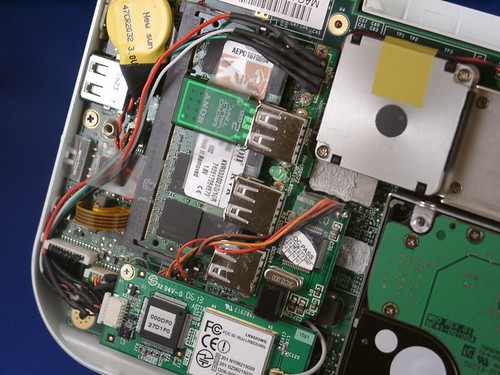
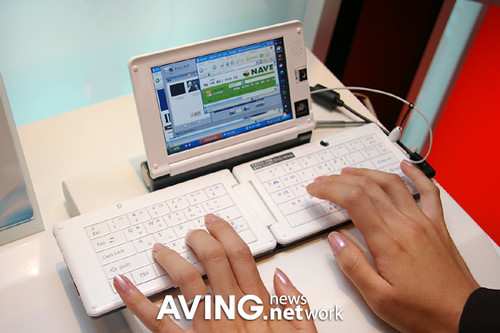
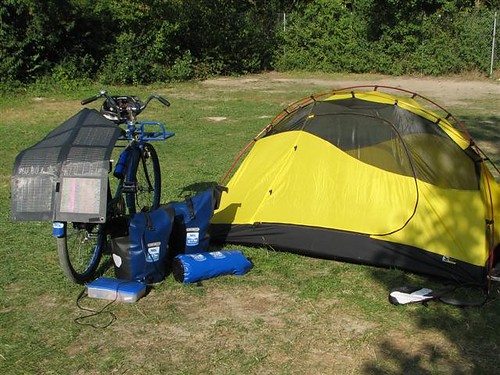
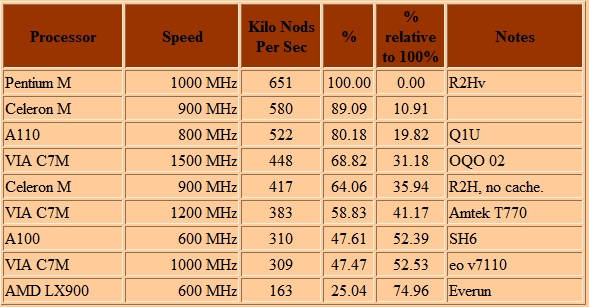
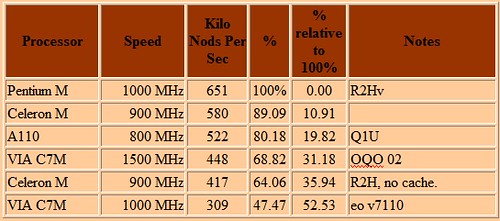
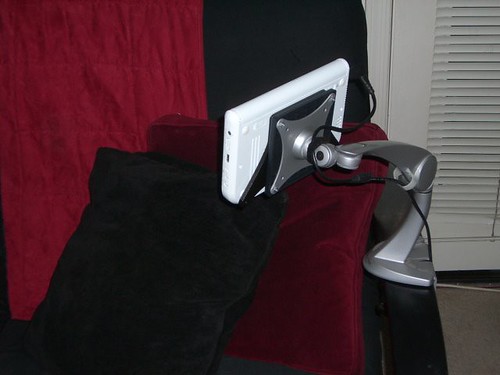





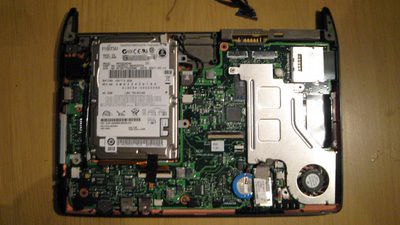
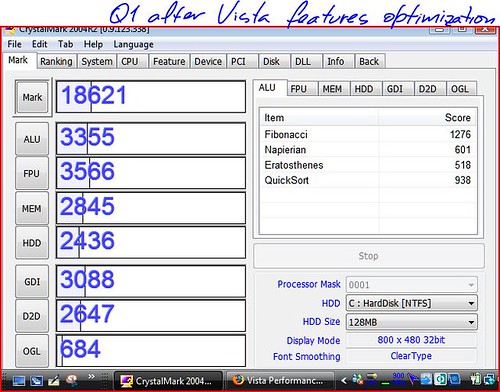
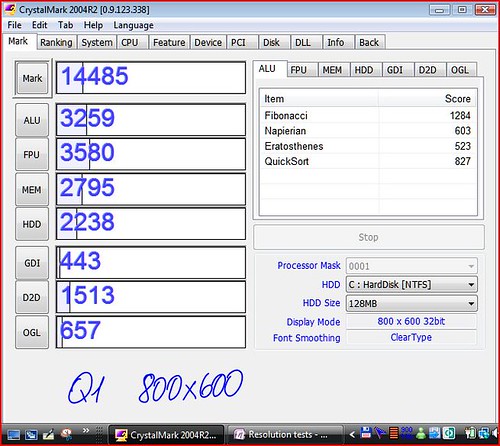
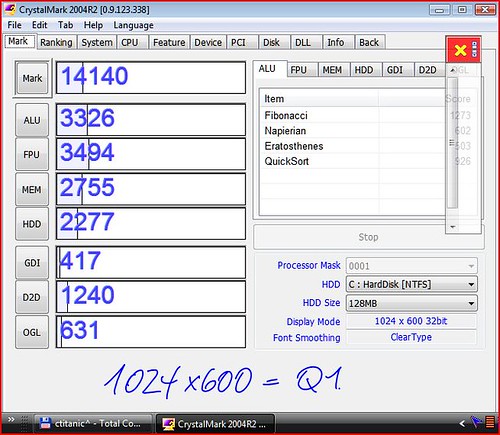
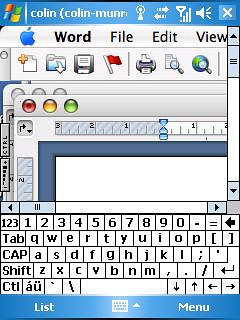
 Can you imagine that? This power bank reported by
Can you imagine that? This power bank reported by 